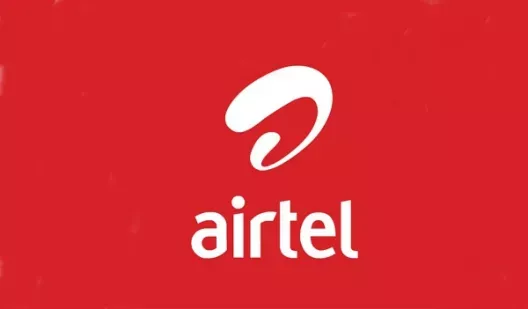A Nigerian musician and entertainer, Veno Marioghae- Mbanefo, has threatened to sue telecommunications company, Airtel, over the unauthorised use of her over 37-year-old hit “Nigeria Go Survive.”
The veteran singer via her lawyer, R.A Igelige for Felix and Igelige & Associates, has slammed the telecom giant for using her song to promote and advertise a music reality show “The Voice Nigeria” which the brand currently sponsors.
This was contained in a protest letter dated April 14 and made available to PREMIUM TIMES.
She is demanding the sum of N50 million for the unauthorised commercial and also derogatory use of the music veteran’s work.
The song
Mrs Mariohae-Marioghae’s hit song ‘Nigeria Go Survive, released in 1984, was an anthem back in the day.
Released under Tabansi Records imprint, it was described as a song of hope in a country reeling under the effects of massive corruption, infrastructure decay and brain drain.
The late Nollywood icon Enebeli Elebuwa was featured in the video as Andrew wanted to check out of Nigeria.
The Protest letter
According to the protest letter, the giant telecommunications network had infringed on Mrs Mariohae-Marioghae, by using her song ” Nigeria Go Survive” without the permission of the singer, which amounts to stealing and willful deprivation.
The statement of the solicitor reads:
“Our Client is the author and copyright owner of the musical work entitled “Nigeria Go Survive” being used by your Mobile Network Company (Airtel) to promote your TV app, and also to Voice Nigeria.”
“As the copyright owner of the above-mentioned musical work, our Client has several exclusive rights defined by the Copyright Act, Cap 28, Laws of the Federation of Nigeria, 2004. These include the right to reproduce the works, and to publish and communicate same to the public (including by way, of sale and broadcast, both conventionally and online or via the Internet).”
“It is an infringement of copyright to do any of these and other protected acts about the whole or a substantial part of a copyrighted work, or to authorize anyone to do such an act or acts on your behalf, without the permission or licence of the copyright owner.”




